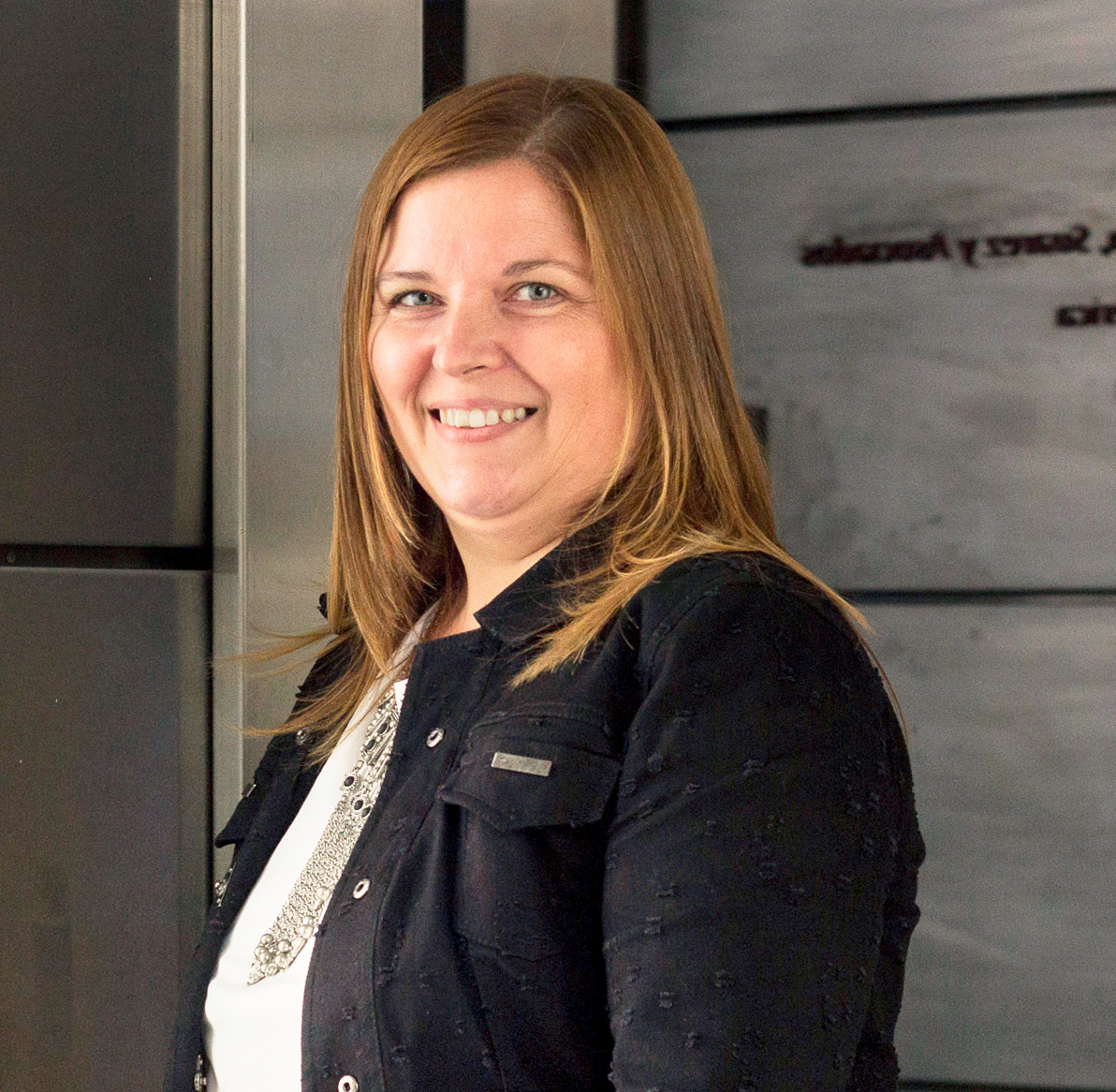Kreston: Case Study
Navigating business through regulation
In this case study, we hear from one Kreston Global member firm on how they worked with a client to become certified for ISO standards covering ESG issues

Our client was a group of information technology companies with headquarters in a European country and locations in 14 other countries. The company is a listed entity on the country’s Stock Exchange, as well as a member of the FTSE and FTSE-Med indices. With more than 800 employees, it has been reporting on CSR, sustainability and ESG since 2017, and is also subject to the NFRD – it will be one of the first companies in this country to need to report under the CSRD.
We worked with the client in 2022 to conduct a gap analysis in line with the ISO 26000 standard on social responsibility, across its distribution of technology services, business consulting services and business software and IT infrastructure solutions divisions, excluding its investments holding division. We then undertook a materiality assessment for the company, by engaging with all its stakeholders across the business to develop a materiality matrix. The material issues identified for 2021 were the top four most important issues for both internal and external stakeholders. These were organisational governance, human rights, labour practices and the environment. Finally we developed a sustainability strategy with actions and KPIs for each material issue for the company, and supported the company to develop its sustainability report in line with ISO 26000, the GRI core option and the UN SDGs.
The client has taken many environmental actions so far. These range from becoming certified for ISO 140001 on environmental management systems, to optimising its electricity and fuel consumption across its commercial and public facilities and to measuring its greenhouse gas emissions from Scope 1, 2 and 3. The company is offering sustainability benefits as part of its solutions services and is using environmental and social procurement criteria for suppliers and business associates.
The environmental criteria cover materials used in production and packaging, recycling, the use of renewable sources of energy and compliance with the ROHS Directive. They have also established actions and environmental KPIs for all Group companies, including subsidiaries, to reduce the Group’s environmental impacts and carbon footprint, and are a founding member of a number of extended producer responsibility (EPR) organisations for responsible waste management.
They have also taken other ESG-related actions, such as becoming certified for ISO 26000 on social responsibility; ISO 37001 on anti-bribery management systems; and ISO 9001:2015 on quality management systems. It sets an annual sustainability budget at Group level to cover its related activities and required all staff to complete a sustainability e-learning course. In 2022 we supported the company to conduct its first human rights due diligence exercise for its HQ and Middle East offices, and we will roll this initiative out to more Group locations from 2023 onwards. Our client has also assessed the Group’s performance on responsible political involvement and has taken numerous corporate philanthropy actions, including sponsoring their country marathon, donating to various charities and offering awards at Universities, as well as merit scholarship programmes. The company’s policies and guidance on ESG-related topics range from Equality and Diversity, Disclosure (Whistle- Blowing), Disciplinary and Grievance, Anti- Harassment, and Anti-Bribery and Corruption, to Quality and Environmental Impacts, Data and Employee Privacy, Ethics and Compliance and various comprehensive staff policies.

Silvia Tedin
Partner at SMS Buenos Aires
In this sense, "Misión Pyme" is a consulting service that consists of diagnosing, evaluating, and advising on the different areas of a company, providing the necessary support to contribute to business growth. The service works by selecting a "mission" and the number of professional hours that each company would like to assign to it (50, 100 or 150 professional hours plan).
The "missions" include:
- Business Strategy Mission: aims at advising companies in their strategic planning to help them make important decisions: for example, how to plan the future development of the company; how to align business objectives with the personal objectives of its managers; how to identify the areas of the business with the greatest strengths and opportunities; assisting in the generation of franchises, the delegation of tasks; the professionalisation of management teams; etc.
- Finance Mission: seeks to improve the financial cost of companies, from the management of collections and payments to suppliers, to the capital market. It addresses issues such as: resolving whether companies are being adequately financed; verifying currency and term matching; seeking to finance new projects; analysing available promotional and financial benefits; analyzing the valuation of companies and how to calculate investment returns, etc.
- Commercial and Marketing Mission: aids in improving commercial management. This involves seeking improvements in the management of sales teams; knowing the level of competitiveness of the companies; analysing customers and defining steps and goals to reach them; knowing what needs are covered with the different products to be able to orient commercial strategies; knowing the competitors and their weaknesses; analyzing and defining the pricing policy to be followed.
- Enterprise Risk Management Mission: helps to measure the impact of the risks to which companies are exposed and how to mitigate them. It works on aspects such as mitigating conflicts with personnel; ways of strengthening the internal control structure; safeguarding inventories; improving the control functions of purchasing, production, and commercial management; mitigating financial risks (exchange rate, terms, interest rates, etc.) and identifying risks to which businesses are exposed.
- Tax Mission: seeks to optimise the tax burden by recovering existing credits; knowing the national, provincial, or municipal taxes of each business; reducing labour costs; knowing taxes related to foreign trade and transfer pricing; properly using double taxation agreements; etc.
- Costs Mission: proposes the evaluation of ways to reduce costs and improve productivity. It assists companies in identifying suppliers and measuring their credibility; on how to ensure the lowest possible costs; on how and when to renew machinery; on how to achieve balance based on cost structure; on how to prepare a cost budget and on how to manage fixed assets.
- Quality and Production Mission: proposes the evaluation of the way in which quality and production processes are managed in companies. It seeks to resolve issues inherent to the implementation of quality management systems; obtaining certificates and quality standards according to each activity; inventories, purchasing programs, waste reduction, idle capacity of personnel and equipment.
- Accounting and Administration Mission: seeks to evaluate the financial information flows of the businesses for timely decision making. It seeks to improve accounting information circuits; to redesign accounting according to needs; to prepare management reports based on accounting; and to achieve an up-to-date and less time-consuming administration.
- Human Resources Mission: proposes to enhance the effectiveness of work teams. How to encourage them; how to hire them in an intelligent way; how to attract and retain talent; how to solve conflictive situations; how to design career plans and performance evaluations, etc.
- Communication Mission: the goal is to think of effective internal and external communication strategies for companies. How to implement a communication plan, think about the audiences and the way to reach them with the different products of each company; the impact of the actions, knowledge of new communication channels, brand uses, policies, communication tools and the creation of press actions.
- Technology Mission: explores how to obtain the best results from the technological platform. To know if the necessary infrastructure is in place, if the technologies applied are useful for each company; if there is better software than that already in use by the companies; equipment renewal; remote work.
- Sustainability Mission: advises on the sustainable management of actions and links each company has with the community and the environment:Corporate Social Responsibility; social projects, inclusive purchases, environmental impact; sustainability plan.
"Our different specialists assign hours to SMEs," says Tedin. "These are hours of high impact and added value that usually translate into continuous improvements and in the day-to-day management of each company, such as cost reduction, improvements in planning and coordination in the different areas of the business in order to improve productivity and make the business grow by accompanying the entrepreneur in decision making.”
Since its launch in 2016, more than 10,000 hours of consulting have been provided to small businesses in the region; the most successful case was a civil association that came to us presenting losses and, with the help of the consulting hours, managed to reverse the situation, to making a surplus with profits in all subsequent years.
Tedin concludes: "It is very gratifying to see that, through consulting and assistance to many SMEs, they can transform, grow, professionalise, and therefore create more jobs. No country can develop without strengthening the SME network, they are the job creators par excellence, making possible the growth and social ascent of the population.”